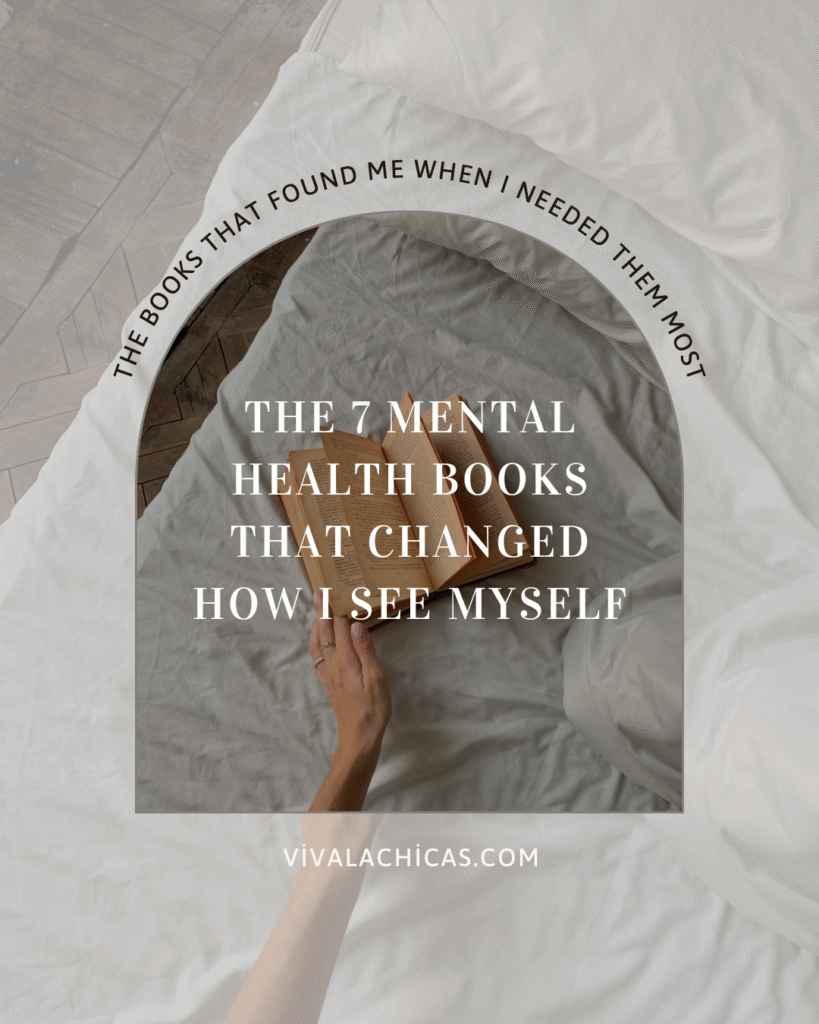A nutrition consultation can give you personalized guidance for healthier eating. Here’s what to expect during your first visit.

Making changes to your diet isn’t always easy. With so many eating plans, nutrition tips, and conflicting information online, it can be difficult to know what’s right for your body. That’s why many people turn to a nutrition consultation with a registered dietitian or qualified nutritionist. Unlike generic diet advice, this one-on-one session focuses on you—your health history, your lifestyle, and your personal goals.
Whether you want to lose weight, manage a medical condition, improve athletic performance, or simply feel more energized, a nutritionist can help create a plan that works. If you’ve never met with a dietitian before, you may wonder what to expect from a nutrition consultation. Understanding the process can help you feel confident and prepared for your appointment.
What Happens in a First Nutrition Consultation
Your first nutrition consultation is usually longer than follow-up visits. Expect it to last 45–60 minutes, sometimes more, depending on your goals. The main goal of this session is to gather information, assess your needs, and begin building a personalized nutrition plan.
1. Nutrition Assessment
The session often begins with a detailed nutrition assessment. This includes:
- Medical history: Conditions such as diabetes, high cholesterol, or digestive issues.
- Current eating habits: What you typically eat in a day, portion sizes, and meal timing.
- Lifestyle factors: Sleep, stress, physical activity, and hydration habits.
- Physical measures: Height, weight, BMI, and sometimes waist circumference or blood pressure.
- Lab results: Some dietitians may review lab work like cholesterol or blood sugar levels.
The Academy of Nutrition and Dietetics emphasizes that dietitians use assessments like these to design safe and effective strategies tailored to each individual (EatRight.org).
2. Goal Setting and Dietary Advice
After the assessment, your nutritionist will discuss your health goals. These could include:
- Weight management
- Increasing energy
- Supporting athletic performance
- Improving digestive health
- Managing chronic conditions like diabetes or hypertension
At this stage, you’ll also receive dietary advice specific to your needs. For example, your provider might explain portion control, how to balance macronutrients, or how to adjust meal timing.
3. Personalized Nutrition Plan
One of the main outcomes of a nutritionist visit is leaving with a personalized nutrition plan. This plan will reflect your food preferences, cultural background, and health goals. It may include:
- A sample meal plan for a week
- Recommendations for nutrient-dense foods
- Strategies for handling cravings or emotional eating
- Adjustments for allergies, intolerances, or medical conditions
The Harvard T.H. Chan School of Public Health highlights that personalized nutrition planning is more effective for long-term health outcomes than general dietary guidelines (Harvard T.H. Chan).
4. Practical Meal Planning Tips
Many consultations also include guidance on meal planning consultation strategies, such as:
- Simple, budget-friendly recipes
- Smart grocery shopping tips
- Batch cooking and meal prep ideas
- Healthy substitutions for your favorite foods

Benefits of Nutrition Counseling
A single appointment can be helpful, but ongoing nutrition counseling offers even greater benefits. Unlike one-size-fits-all diets, counseling provides:
- Personalization: Every plan is customized to your health needs.
- Accountability: Regular follow-ups help you stay on track.
- Sustainable habits: Focus on long-term lifestyle changes, not quick fixes.
- Support for medical conditions: Specialized guidance for issues like high blood pressure, diabetes, or digestive disorders.
- Behavioral change: Tools for mindful eating, managing cravings, and breaking old habits.
Research also shows that nutrition counseling can improve adherence to healthy eating and support measurable improvements in biomarkers such as blood pressure and cholesterol.
How to Prepare for Your First Nutrition Consultation
To make the most of your session, preparation helps. Here’s what you can bring:
- A food diary from the past 3–5 days.
- A list of current medications and supplements.
- Recent lab results if available.
- A clear outline of your goals (weight management, better energy, addressing a condition).
Common Questions About Nutrition Consultations
Q: What’s the difference between a nutritionist and a dietitian?
A registered dietitian (RD or RDN) is credentialed and licensed to provide medical nutrition therapy, often working with patients who have chronic illnesses. Nutritionists may provide general health and lifestyle support, but requirements for the title vary by region.
Q: How much does a nutrition consultation cost?
Prices vary depending on location and provider. A first session may cost anywhere from $100 to $250, while follow-ups are typically less.
Q: Is a nutrition consultation covered by insurance?
Many insurance plans cover dietitian consultations if you have a referral from your doctor, especially for conditions like diabetes or heart disease. Always check with your provider.
Q: How often should I see a nutritionist?
Some clients only need one or two sessions, while others benefit from ongoing visits every month to adjust their plan and track progress.
Q: Can I do virtual consultations?
Yes. Many nutritionists and dietitians now offer telehealth appointments, which are convenient for busy schedules or if you don’t live nearby.
Q: Will I get a meal plan on the first visit?
Often yes. Most professionals provide at least an outline of a personalized nutrition plan, though details may be refined in later sessions.
Conclusion
Your first nutrition consultation is about understanding your unique needs and building a foundation for healthier eating. From a detailed nutrition assessment to creating a personalized nutrition plan, you’ll gain practical tools to improve your health and lifestyle.
Knowing what to expect from a nutrition consultation makes the process less intimidating and more empowering. With expert guidance, you’ll have the confidence to make lasting changes, achieve your goals, and enjoy the long-term benefits of better nutrition.

